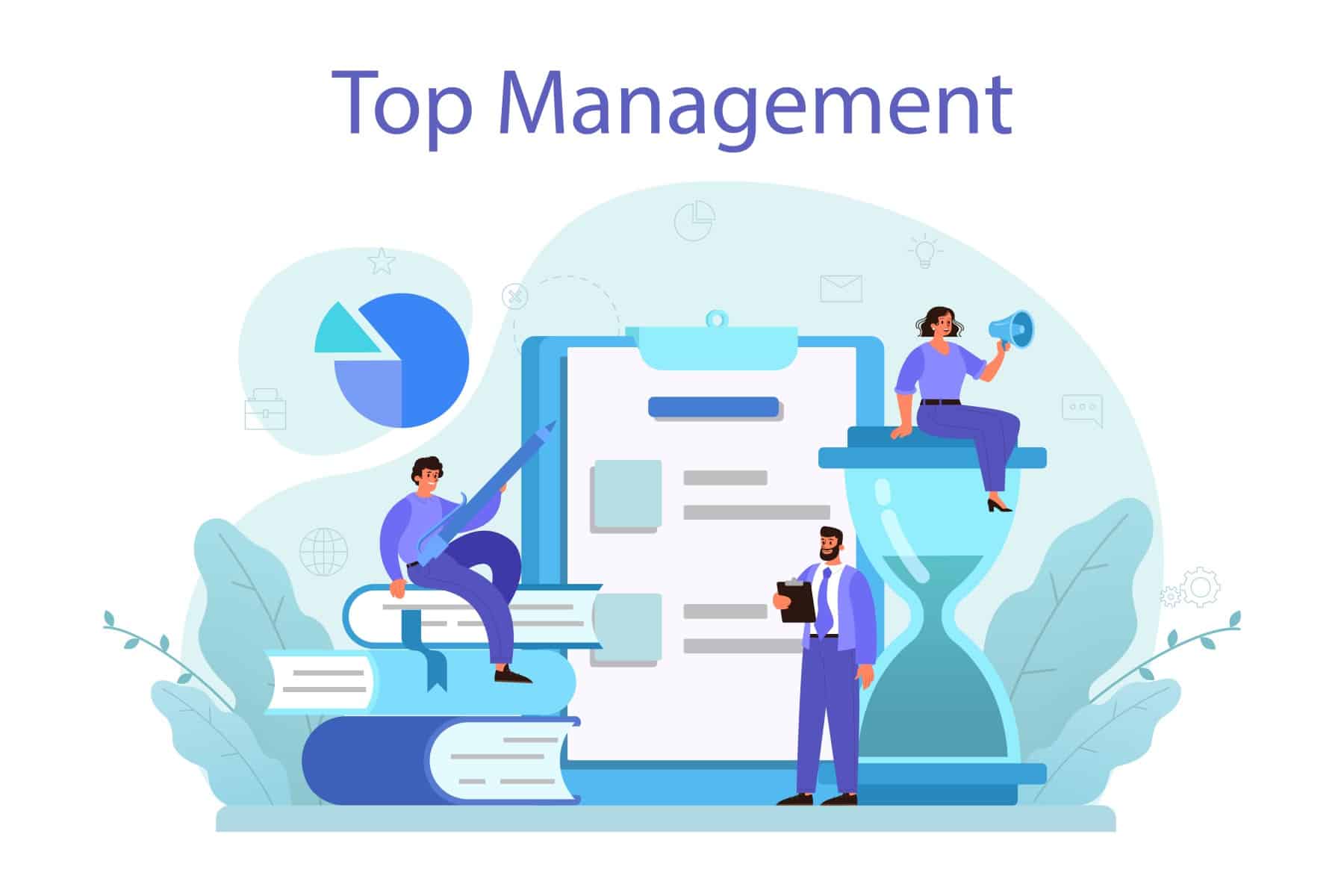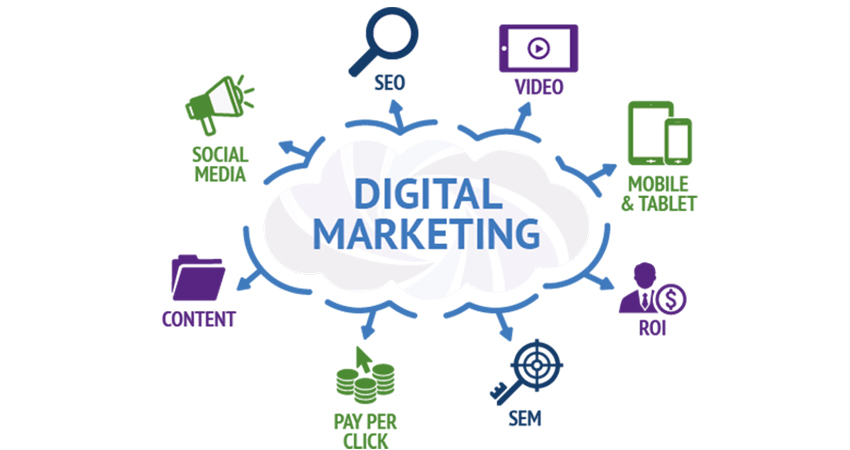Personal reputation management services are designed to help individuals improve and protect their online reputation. While there are many benefits to using these services, there are also some potential drawbacks to consider. Reputation management is the practice of monitoring and improving a company or individual’s reputation online. While there are many benefits to using digital marketing services, there are also some potential drawbacks to consider.
- Improved Online Reputation
- Increased credibility
- Crisis management
- Expertise
- Cost
- Limited control
- Dependence
- Limited Effectiveness
Improved Online Reputation
Reputation management services can help companies and individuals remove negative content from search engine results and promote positive content, which can improve their online reputation. Improving online reputation is the process of managing and monitoring the information that is available online about a company or individual. While there are many benefits to improving online reputation, there are also some potential drawbacks to consider.
Time-consuming:
Improving online reputation can be a time-consuming process, requiring consistent effort to monitor and manage online content.
Limited control: While improving online reputation can help promote positive content, it cannot control what others say about a company or individual online.
Increased Credibility
Increased credibility is the result of building a positive reputation, which can help individuals or companies establish trust and credibility with customers, partners, and other stakeholders. While there are many benefits to increased credibility, there are also some potential drawbacks to consider.
Crisis Management
Crisis management is the process of preparing for, responding to, and recovering from a crisis or emergency situation that could negatively impact a company or individual’s reputation, operations, or financial stability. While there are many benefits to effective crisis management, there are also some potential drawbacks to consider.
Expertise
Expertise refers to a high level of knowledge, skill, and experience in a particular field or industry. While having expertise can bring many benefits, there are also some potential drawbacks to consider.
Cost
Cost refers to the price or expense associated with a product, service, or action. While cost is an important consideration for individuals and companies, there are also some potential drawbacks to consider.
- Financial stability: Considering the cost of a product, service, or action can help individuals and companies maintain financial stability by avoiding overspending or unnecessary expenses.
- Budget planning: Considering the cost of a product, service, or action can help individuals and companies plan and allocate their budgets more effectively.
- Value assessment: Considering the cost of a product, service, or action can help individuals and companies assess its value and determine whether it is worth the investment.
- Negotiation leverage: Considering the cost of a product, service, or action can provide leverage for negotiating better deals or pricing.
Dependence
Dependence: Individuals may become dependent on these services and not learn how to manage their online reputation on their own.
Limited Effectiveness
Limited effectiveness refers to a situation where a product, service, or action does not fully achieve its intended goals or outcomes. While there may be some benefits to a product, service, or action with limited effectiveness, there are also potential drawbacks to consider.
- Partial success: Even with limited effectiveness, a product, service, or action may still achieve some degree of success or benefits.
- Learning opportunities: Evaluating a product, service, or action with limited effectiveness can provide valuable learning opportunities for individuals and companies to identify areas for improvement.
- Resource conservation: A product, service, or action with limited effectiveness may require fewer resources than one with full effectiveness, resulting in cost savings or conservation of resources.
- Incremental progress: Even with limited effectiveness, a product, service, or action may still contribute to incremental progress towards achieving the intended goals or outcomes.
- Wasted resources: A product, service, or action with limited effectiveness may still require significant resources to implement, resulting in wasted resources if the intended goals or outcomes are not fully achieved.
- Disappointing results: A product, service, or action with limited effectiveness may lead to disappointment or frustration for individuals or companies who had high expectations for its success.
- Negative impact: A product, service, or action with limited effectiveness may have negative impacts on individuals, society, or the environment if it does not fully address the underlying issues or challenges.
- Reputational damage: A product, service, or action with limited effectiveness may damage an individual or company’s reputation if it is perceived as ineffective or wasteful.
Overall, limited effectiveness can have both benefits and drawbacks for individuals and companies. It is important to evaluate the intended goals or outcomes, as well as the potential benefits and drawbacks, before implementing a product, service, or action with limited effectiveness.



